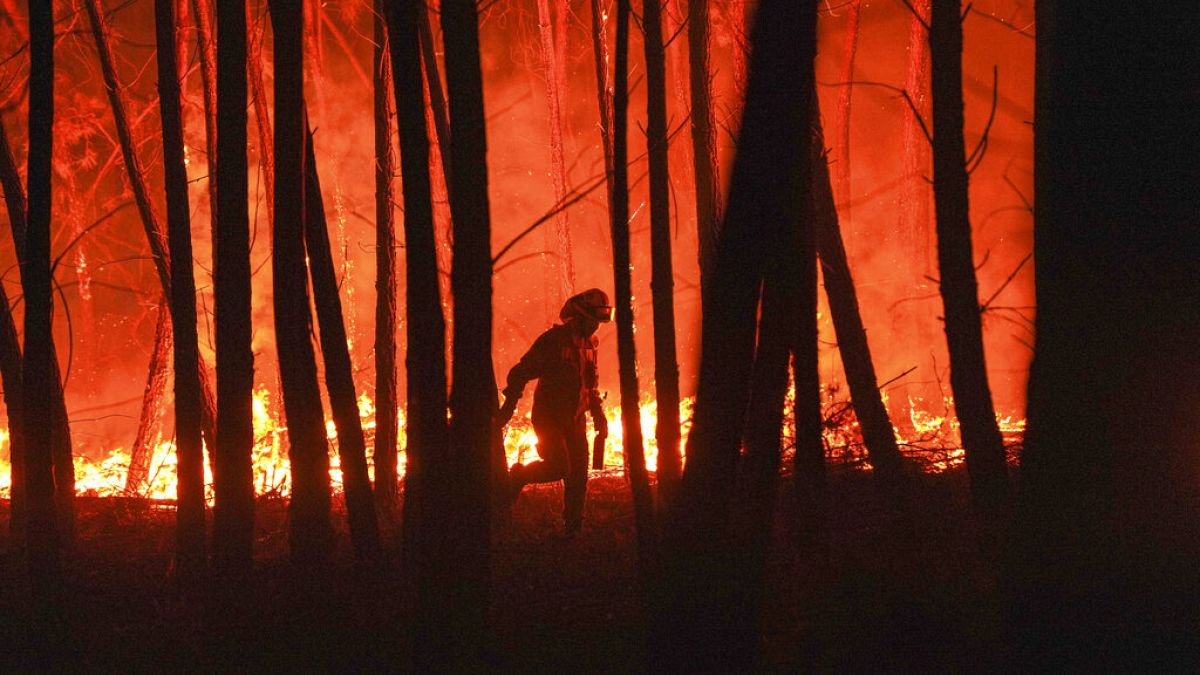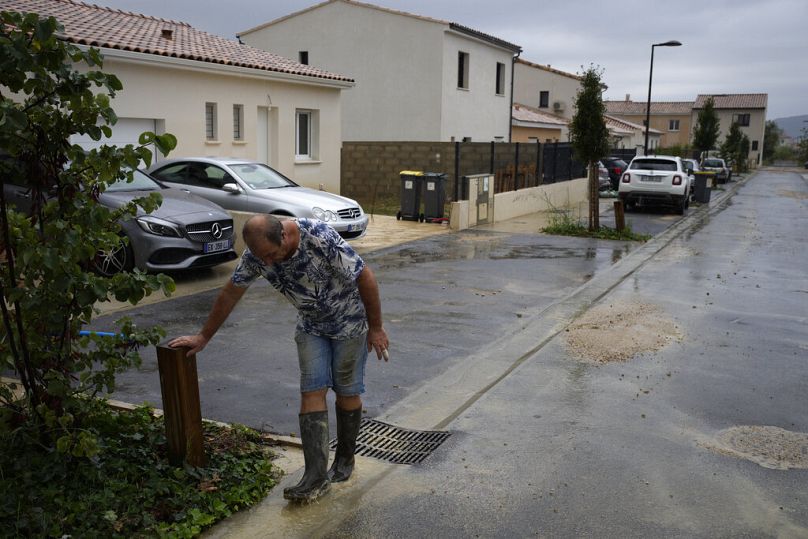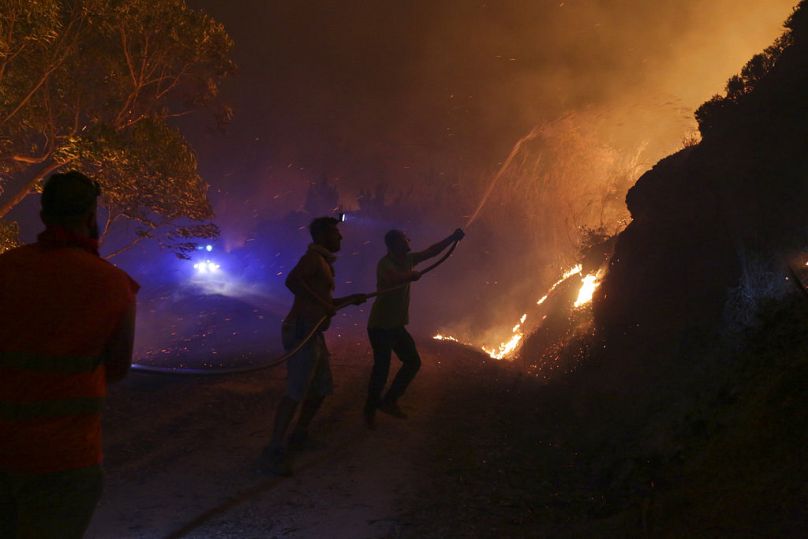Floods and wildfires this year underscored the need for European countries to be better equipped for crises when they happen. This is a path we must follow together, argues Portuguese Secretary of State for Home Affairs Patricia Gaspar
The world is now a very different place to the one we knew several decades ago. The social, economic, technological and industrial development we have witnessed over the years has brought enormous costs in terms of vulnerabilities, interdependencies and risks.
Social and economic inequalities, poverty, unregulated migratory movements and natural disasters such as prolonged droughts, massive forest fires, heatwaves and extreme flooding are just some of the distinct phenomena, with distinct root causes, that we have witnessed all over the world.
During the summer of 2021, countries in western Europe including Belgium and Germany suffered from devastating floods resulting in almost 200 deaths and damages estimated at more than €3.7 million.
Portugal is one of Europe’s worst-hit countries by wildfires every year, and the risk is only set to worsen due to climate change and extreme weather.
We have today, perhaps more than ever, a likelihood of witnessing events of low probability but with a high impact.
Disaster prevention not only saves lives, but builds resilience, costs less, and can often mean the difference between disaster and resilience. The need to tackle these disasters and invest in prevention together is needed now more than ever.
In 2020 alone, the Centre for Research on the Epidemiology of Disasters (CRED) recorded a total of 389 natural disasters worldwide, which resulted in 15,000 lives lost, affected 98 million people and caused $171 million in damage. These are numbers we must try to reverse, whatever the cost.
In the available time frame, we will hardly be able to reverse processes as complex as climate change. But it is within our power to minimize the impact of these situations. The keys are prevention, preparation, and resilience.
The lessons Portugal learned
In 2017, Portugal suffered an unprecedented wave of forest fires. We lost more than 60 lives, which we very much regret. An urgent shift was needed; it called for an inversion in the manner in which we deal with these situations.
We have implemented a National Platform for Disaster Risk Reduction and have adopted a new rural fire management system based on four distinct vectors: valuing and managing forest areas, modifying behaviours and managing risk efficiently, and putting the focus increasingly on prevention.
We have also adopted a national strategy for preventive civil protection for the next 10 years, which involves all areas of government and identifies more than 100 concrete measures.
We are increasingly involving locals in disaster risk reduction, and building bridges with academia and technical and scientific institutions.
Aware of the environment in which we are located and the importance of international cooperation, in 2019 we organised the pan-European exercise Cascade'19, based on a scenario of multiple events.
The exercise brought together teams from different European countries in what was the biggest event of this kind ever organized in the European Union.
We cannot guarantee that we will not face critical events again, but we must do everything in our power to ensure we are better prepared for when they happen.
Collaboration is key
This is a path that we must follow together. No single country can achieve gains at scale, and it is in this context that we also hosted the 2021 European Forum for Disaster Risk Reduction (EFDRR).
At the forum, member states from Europe and Central Asia pledged to make disaster prevention and resilience a priority by endorsing the 'roadmap': a set of actions accelerating the implementation of the Sendai Framework for Disaster Risk Reduction for 2015 to 2030.
The EFDRR was an excellent opportunity for us to evolve further, to share knowledge, good practice, experiences and innovative approaches. Now is the time to turn words into action.
Portugal wants to contribute to an urgent legacy of resilience and the creation of a safer world, where we can continue to live, respecting the environment and our fellow human beings. We all owe this to ourselves and to the generations to come.
Patricia Gaspar is the Portuguese Secretary of State for Home Affairs. She is an international trainer in the area of civil protection and a certified expert under the Civil Protection Mechanism of the European Union and the United Nations.


